Gaps in the training system
“Cinema is an industry of the rich: rich in ideas, rich in passion, but also in great need of money and resources,” said Dr. Pham Huy Quang, acting principal of the Ho Chi Minh City University of Theatre and Cinema. According to him, Ho Chi Minh City is the most dynamic locality in the country in terms of the entertainment industry, and has joined the UNESCO Creative Cities Network in the field of cinema, but the industry’s human resources are still both lacking and weak. Specialized fields such as screenwriting, film editing, costumes, and post-production techniques have almost no formal training facilities.
Ho Chi Minh City - a locality with great potential in developing the cultural industry with a stage sound and lighting system and internationally qualified artists.
“Currently, many schools lack teachers with doctoral degrees to be able to register to open a stage directing major, not to mention the lack of facilities such as studios and standard stages for students to practice. Whenever needed, lecturers and students have to rent and think of ways to manage on their own… it is very difficult to provide fundamental vocational training,” said Dr. Pham Huy Quang.
The general situation at major art schools in Ho Chi Minh City such as the Conservatory of Music, University of Culture, College of Culture and Arts... is similar, still maintaining traditional majors such as performance, directing, sound engineering but lacking new majors such as arts management, cultural communication, visual design, digital content production - essential fields to operate the cultural industry in the modern context.
Performing folk music at cultural events of the city.
Another important “gap” is the field of film theory and criticism. People’s Artist Dao Ba Son said: “This is a pillar in creating a healthy creative ecosystem and cultural criticism, but currently in the South there is no place for formal training. If we do not fill this gap, it will be difficult for us to have a sustainable cultural market.”
Training stage actors is also facing many barriers. Meritorious Artist Le Nguyen Dat, Chairman of the Council of the Ho Chi Minh City University of Theater and Cinema, shared that there are cases where students have a great talent for Cai Luong but do not have a high school diploma, so they cannot be admitted to the school. "If there are no specialized training systems such as intermediate level, those budding talents will fade away and go to other jobs," he worried.
Veteran artists such as Meritorious Artist Huu Chau and Meritorious Artist Le Tu also agree that there needs to be a flexible admission model, similar to the previous Stage Arts School 2, where students are trained from grade 9, studying both basic culture and specialized arts, helping to discover and nurture talent early.
Breakthroughs are needed to foster creativity.
Not only lacking in majors, art students in Ho Chi Minh City also lack a professional training environment. Associate Professor, Dr. Nguyen Thi Minh Thai once emphasized: "We must shift from training professionals to training creators, organizers, and cultural thinkers." She believes that training policies must be open, flexible, updated with new technologies such as AI, big data, digital art, and especially linked to creative businesses.
The city identifies cultural industry as an important economic sector.
According to the Department of Culture and Sports of Ho Chi Minh City, the city currently does not have a system for training - using - retraining cultural human resources according to the industrial model. Schools still train in a narrow specialized direction, lack management skills, interdisciplinary thinking and are not connected to the labor market. The city also does not have an integrated center for training cultural industrial human resources, where students can both learn a trade and practice with businesses and artists in a real creative environment.
In the field of training combined with technology, a representative of TikTok Vietnam said that they are ready to coordinate to organize online - offline training programs, creative festivals for young artists and music lovers to quickly spread knowledge to the community.
Mr. Tran Hoang, Director of the Copyright Office, emphasized: “It is necessary to focus on both short-term and long-term training, early talent discovery, and taking advantage of digital platforms to teach and share creative knowledge, helping cultural human resources keep up with the times.”
Modern cultural space is where young people and the public can experience multi-sensory experiences, combining science and technology.
“We have been working too slowly and somewhat spontaneously. What we need to do now is to create an ecological environment for human resource training, where people not only perform but also participate in production and business stages and bring cultural products closer to the public,” Associate Professor Dr. Nguyen Thi My Liem, Vice President of the Ho Chi Minh City Music Association, suggested. According to her, there are many traditional and ethnic materials, but the important thing is how to express them to effectively connect with young people, the group that plays a decisive role in the modern market.
Meanwhile, Mr. Pham Minh Toan, Director of Vietfest, also pointed out the gap between policy and practice. “In countries like Korea, Thailand or the UK, people pay a lot of attention to training human resources for the music industry, from artists to event organizers and music business people. There must be incubators and in-depth training on how to organize and sell shows for the industry to develop sustainably. Meanwhile, in our country, many events are still held for free and do not focus on generating revenue from ticket sales - a vital factor for investors to feel that the market is serious and artists are respected,” said Mr. Pham Minh Toan.
“We have identified developing creative human resources as one of the key tasks until 2030. The city will build a talent incubation center, support training combining digital technology and practical interaction, and take advantage of the special mechanism from Resolution 98 to attract social investment in training human resources for the cultural industry,” said People's Artist Nguyen Thi Thanh Thuy, Deputy Director of the Department of Culture and Sports of Ho Chi Minh City.
Modern cultural space is where young people and the public can experience multi-sensory experiences, combining science and technology.
According to Ms. Nguyen Thi Thanh Thuy, Ho Chi Minh City will also develop human resources through training strategies, attracting talents and creating a favorable creative environment; at the same time, promote trade promotion and international cultural cooperation, research the establishment of a Cultural Industry Development Center to connect projects and resources, making the cultural industry an important economic sector, the goal is to turn Ho Chi Minh City into the cultural industry center of the country and Southeast Asia, with an average growth rate of 14% per year and contributing 7% of GRDP by 2030.
However, as many experts have warned, if the human resource problem is not solved, all goals in the industrial development project will be difficult to achieve. A sustainable cultural industry needs to start with people who understand the profession, love the profession and have the conditions to make a living from the profession. If the human resource is both weak and lacking, no matter how much investment is made in theaters, theaters or modern technology, it will not be possible to operate a true cultural industry.
According to VNA
Source: https://baoangiang.com.vn/nguon-nhan-luc-then-chot-cho-phat-trien-cong-nghiep-van-hoa-a424054.html


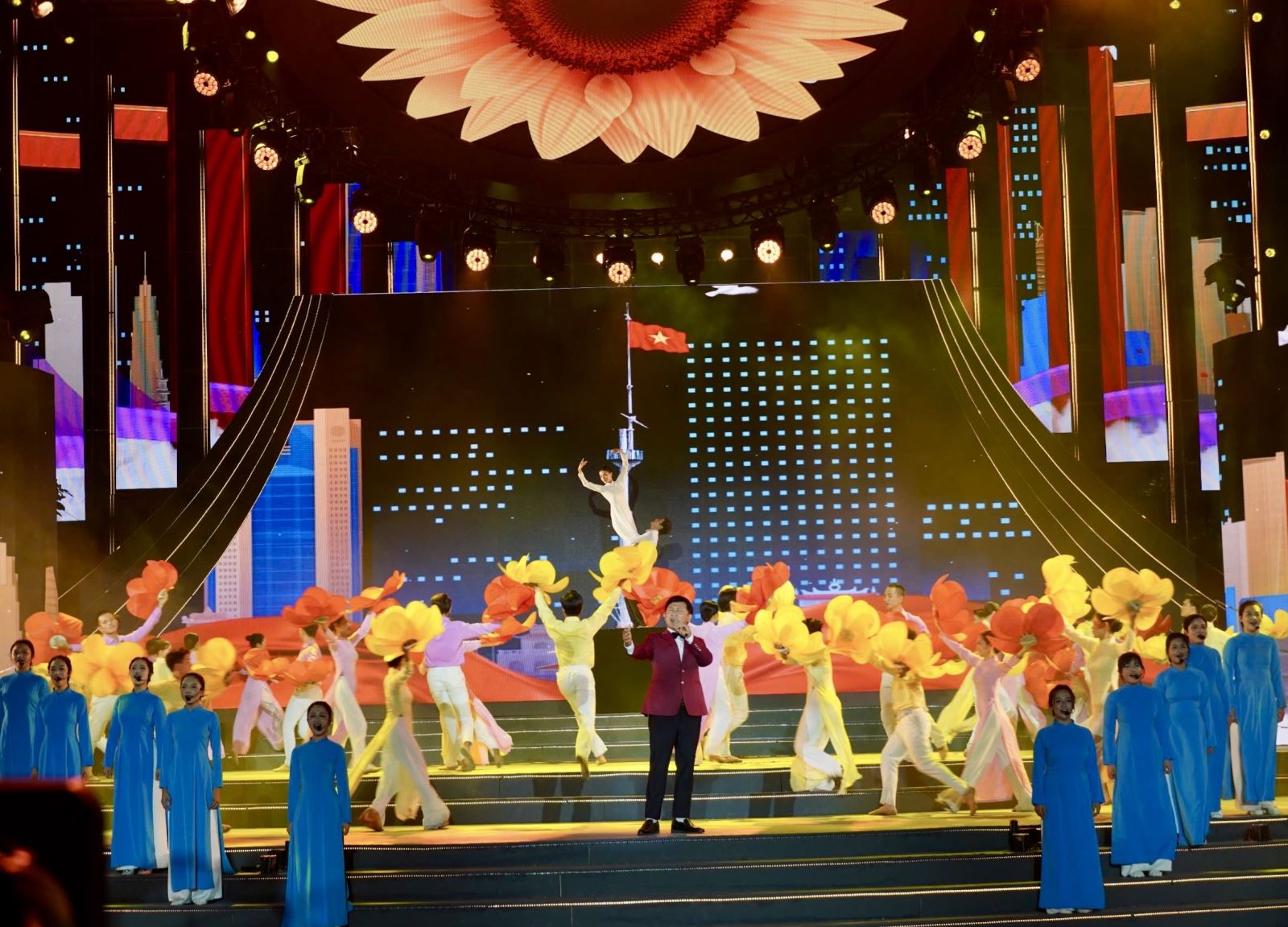
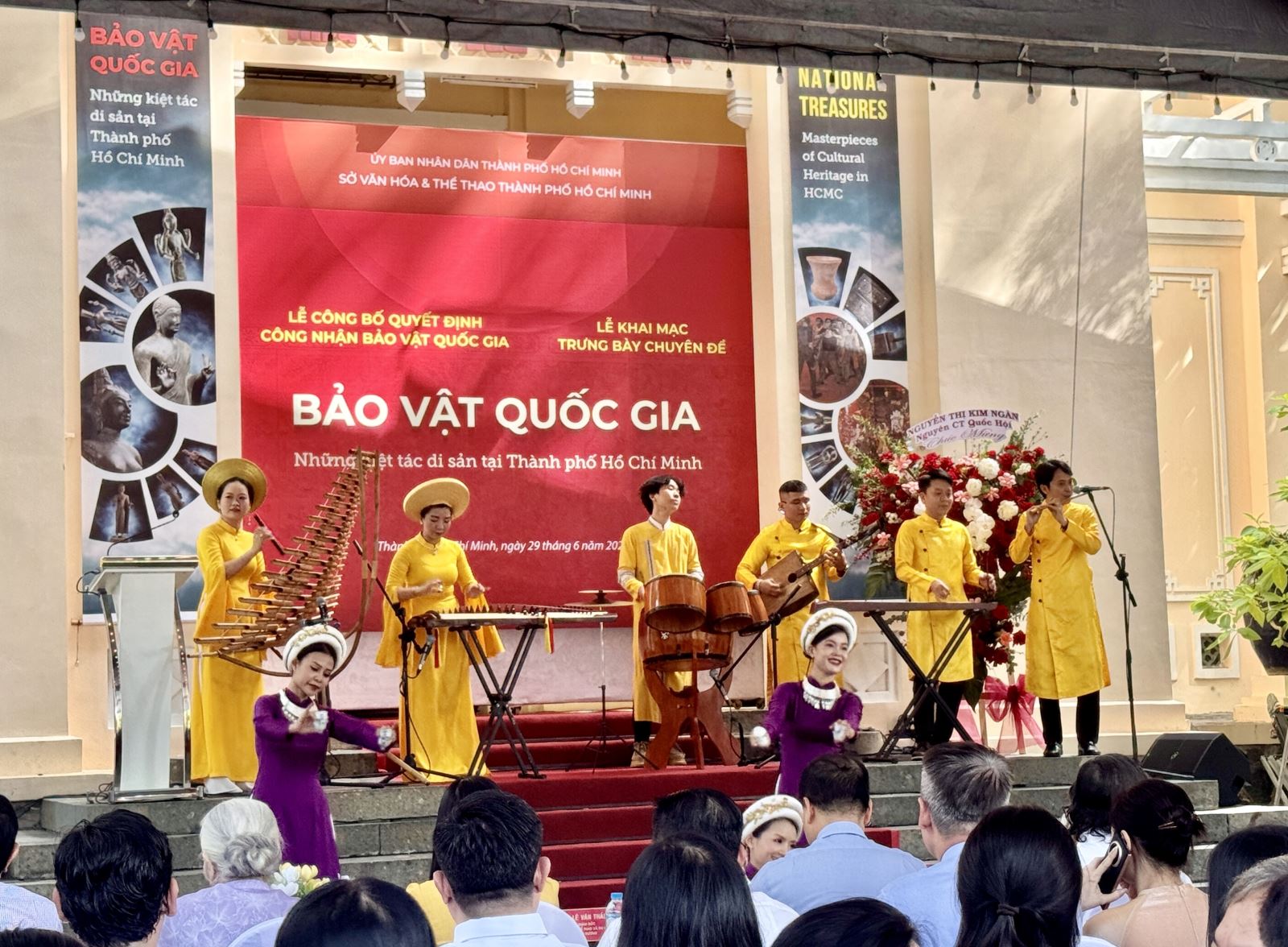
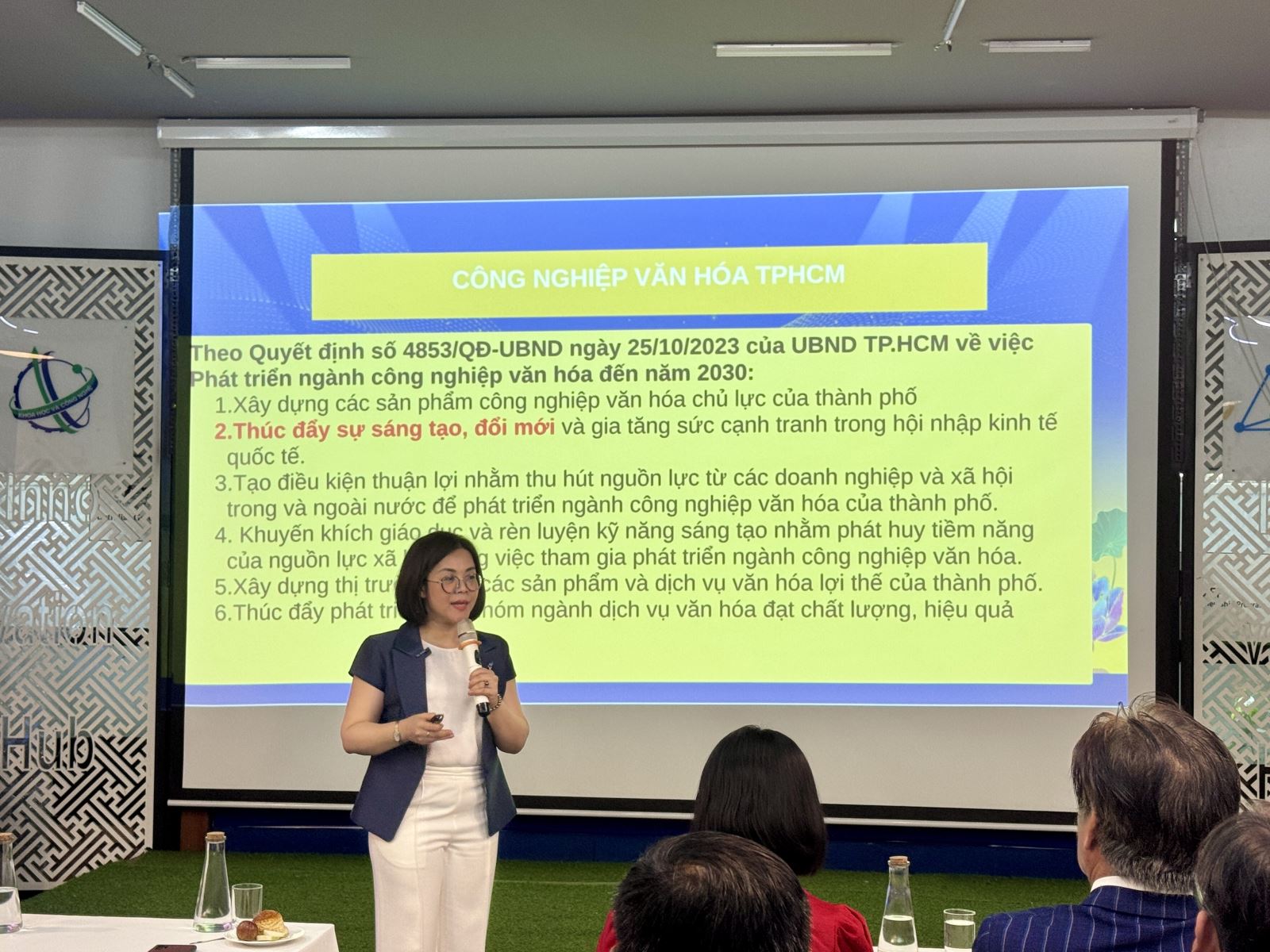
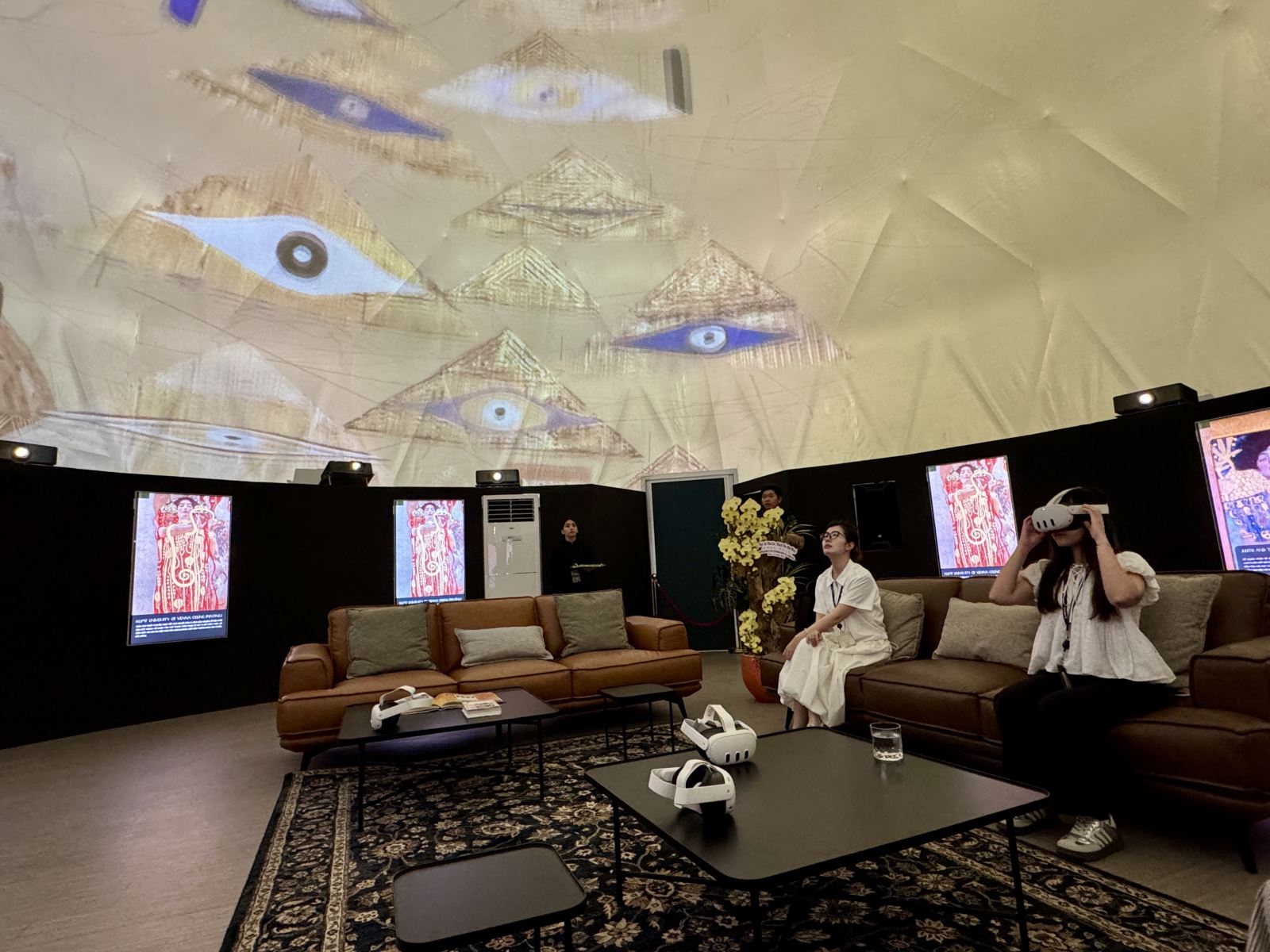
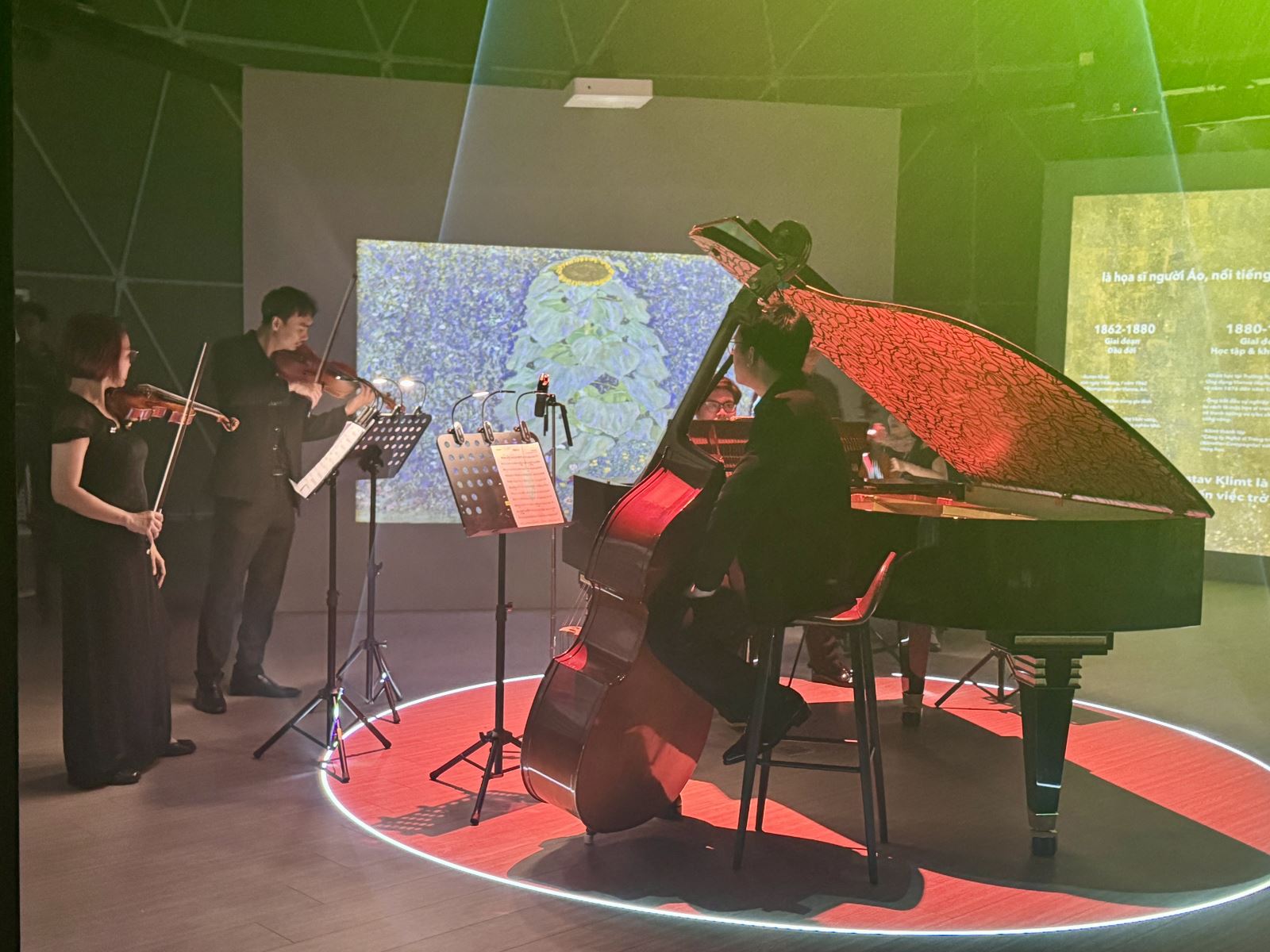


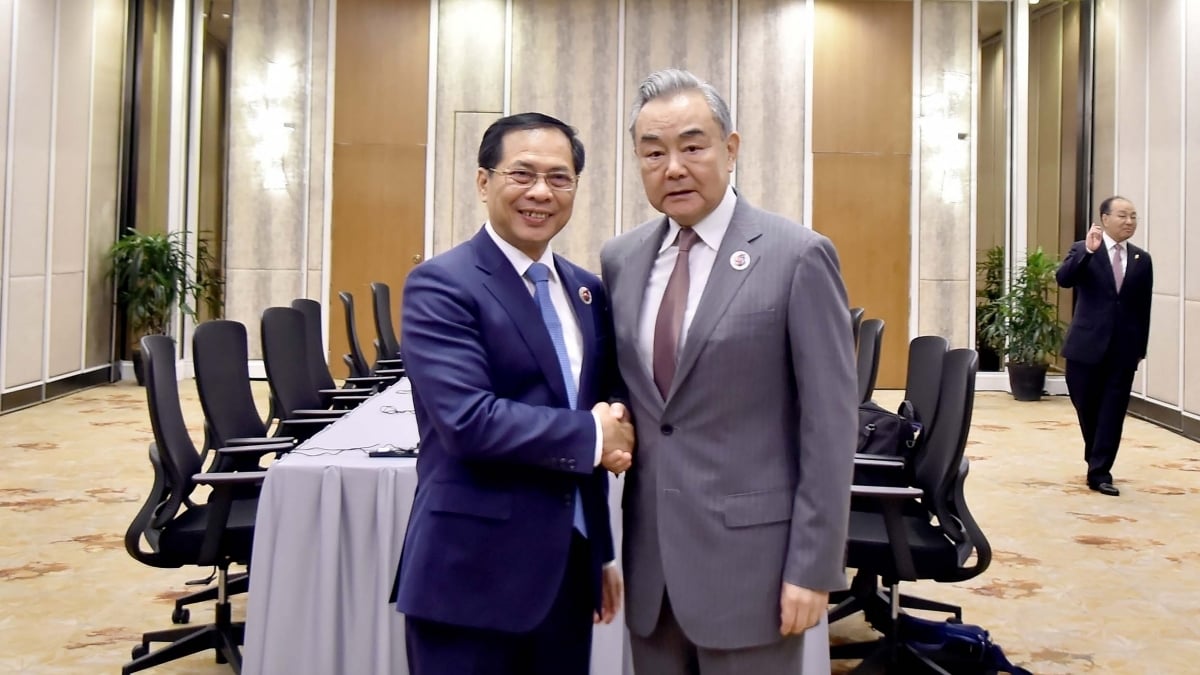
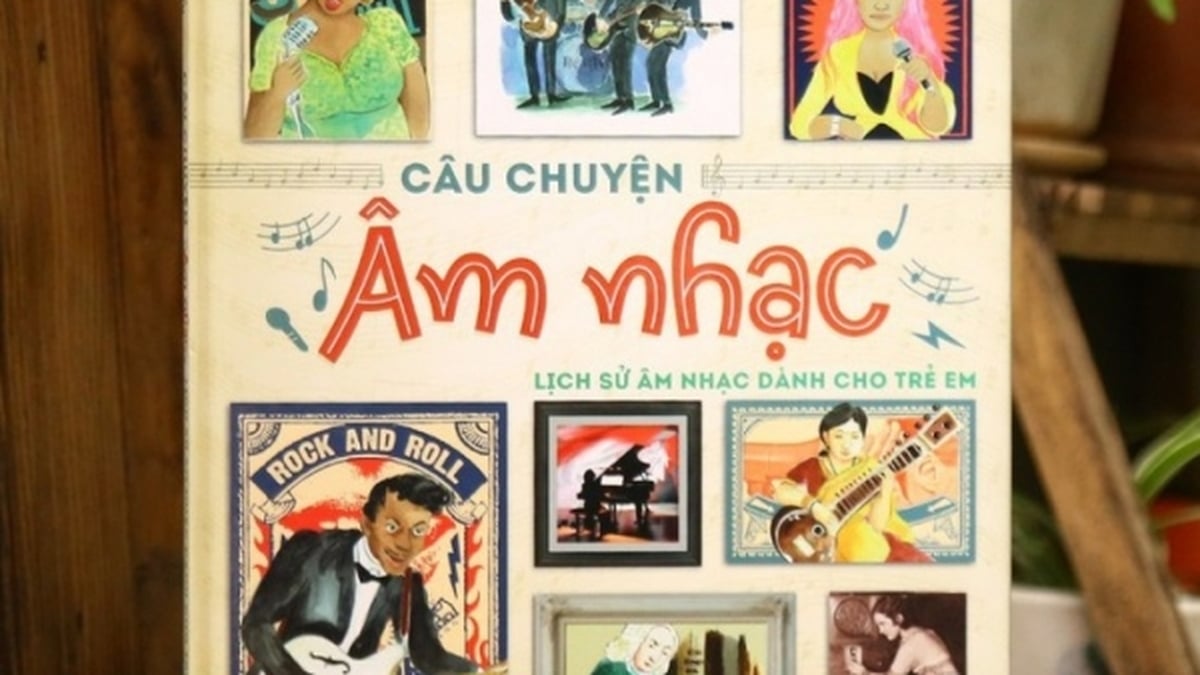


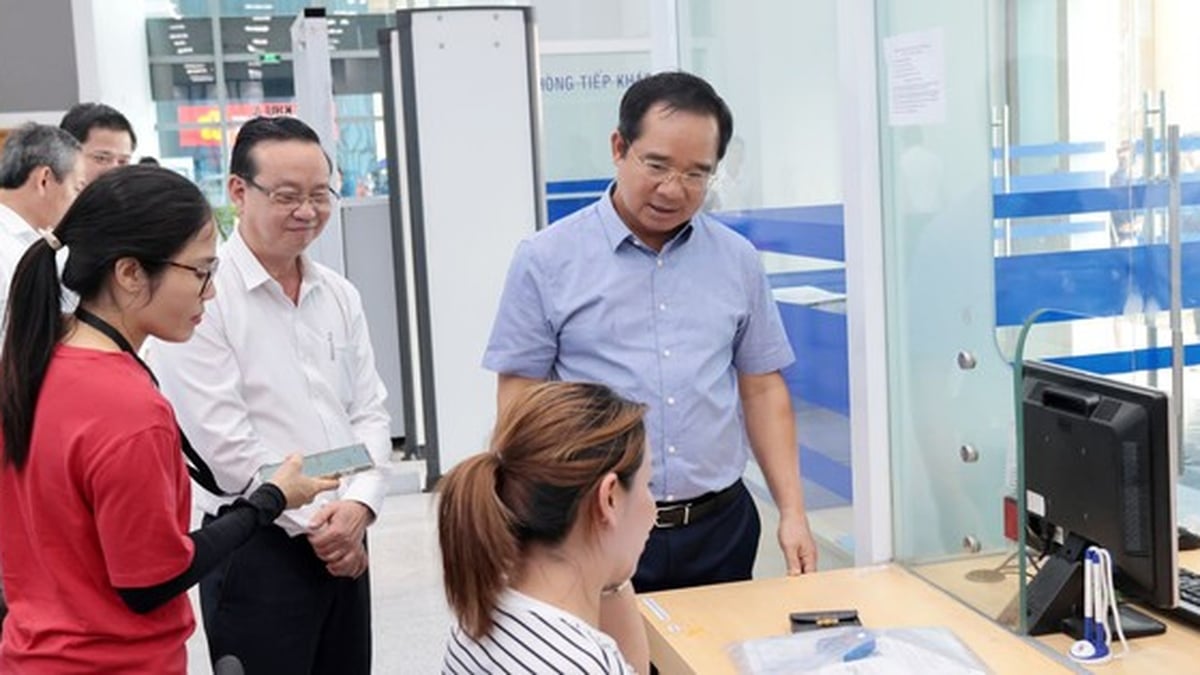













![[Photo] Gia Lai provincial leaders offer flowers at Uncle Ho's Monument with the ethnic groups of the Central Highlands](https://vphoto.vietnam.vn/thumb/1200x675/vietnam/resource/IMAGE/2025/7/9/196438801da24b3cb6158d0501984818)










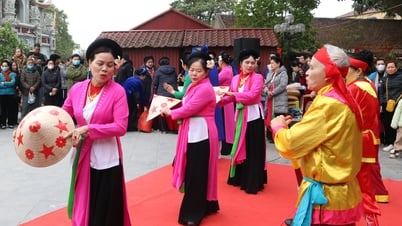

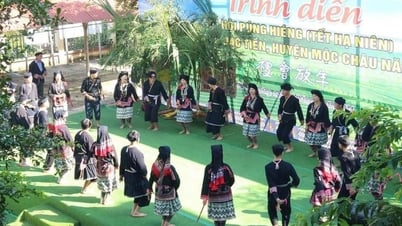

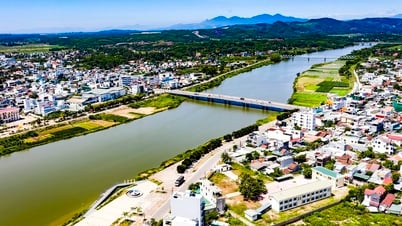

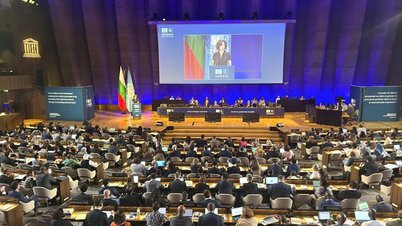






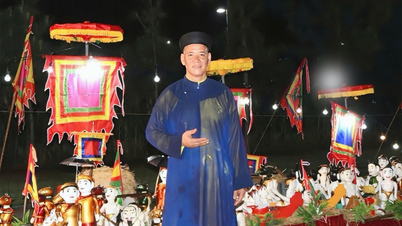







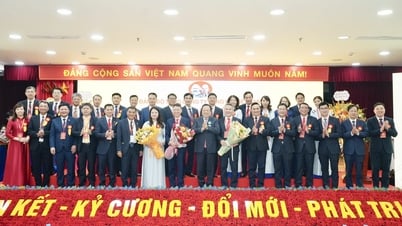




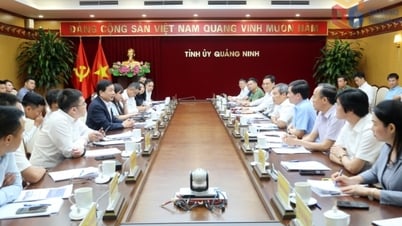

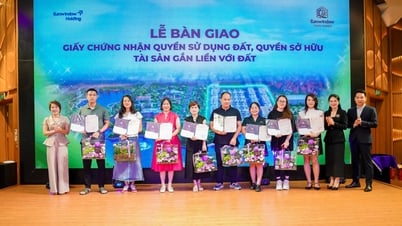






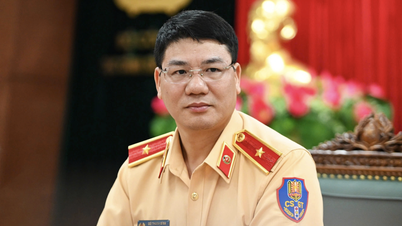
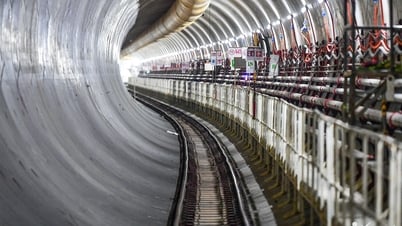
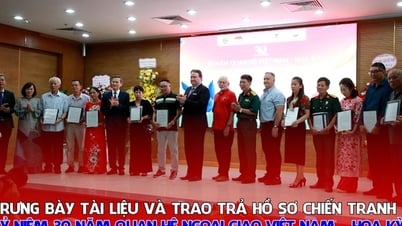

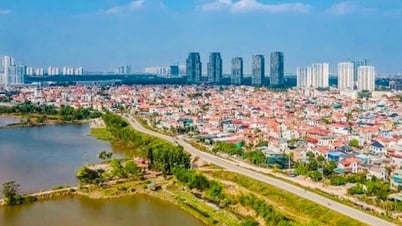
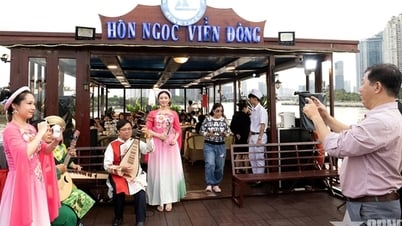
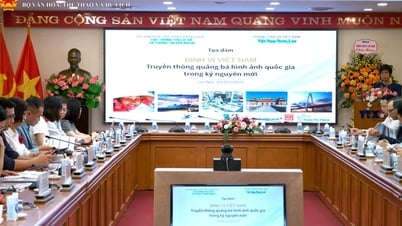

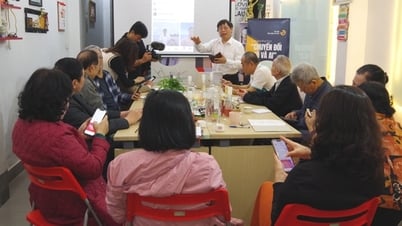





















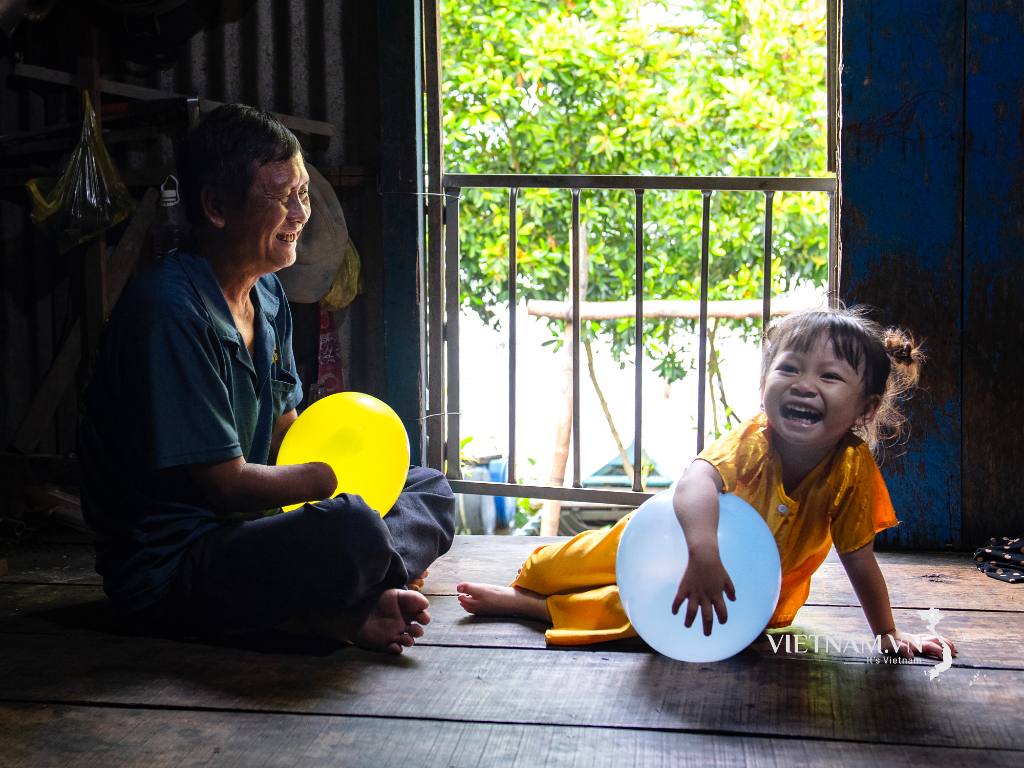
Comment (0)